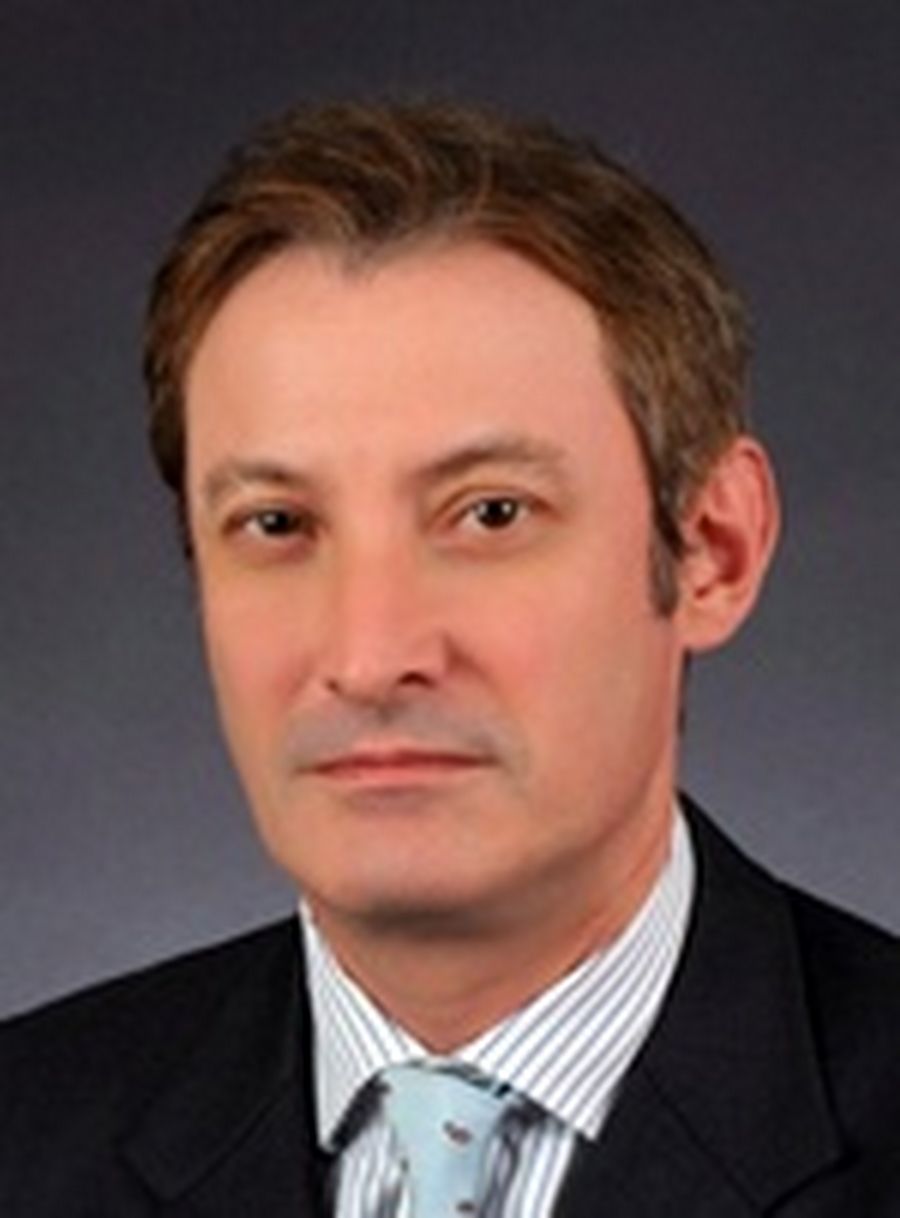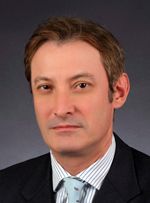
Jonathan Rogers_ifraweb
Jonathan Rogers
I’m writing this column from Yangon in Myanmar. It’s the country’s biggest city but not its capital. That distinction – aficionados of pub quizzes take note – goes to Naypyidaw.
All around this city of chaos and beauty are signs of a monumental awakening. Foreign brands are advertised on huge hoardings, new office blocks and hotels are rising everywhere and the bar of the colonial-era Strand Hotel is packed with foreigners trying to grab a slice of the increasingly hectic business action.
Despite the heady atmosphere I’m mindful that Myanmar remains one of the most hostile countries as far as journalists are concerned. Just a few days ago four journalists and the CEO publisher of Unity Journal were sentenced to 10 years jail with hard labour for publishing earlier in the year a piece about a chemical weapons factory hidden in central Myanmar.
Some 50 journalists who protested against the case during the visit of Myanmar president Thein Sein’s visit to the Myanmar Peace Centre were arrested earlier in the month and charged with illegal assembly. Given the fate of motorbikes in Yangon, they should have known better than to protest in front of the president.
Motorbikes have been banned in Yangon ever since riders blocked the motorcade of Thein Sein’s predecessor Than Shwe in protest some years back. This certainly makes for a more agreeable metropolis, although no one is yet going to claim that Myanmar’s dictatorship has decided to become all cuddly.
On the other hand, though, it seems that Myanmar’s leaders have got the joke when it comes to behaving in ways that are good for business.
THE GOVERNMENT IS now – at least notionally – a civil rather than a military institution, as it had been since the State Law and Order Restoration Council quashed an uprising in 1989.
And there remains the possibility that it will allow the due process of democracy to prevail and allow opposition leader Aung Sang Suu Kyi to assume the presidency after elections are held next year.
Still, the words of opposition leader U Aung Thu in response to the jailing of the journalists are telling: “When their secrets are revealed they arrest and charge people. [The] media is always the scapegoat. Democracy is only just a show… our country is still under military dictatorship.”
The government cited national security in defence of the journalists’ harsh sentence, but there’s no doubting the sense of outrage and a willingness to vent anger among the Burmese people. Those I have met have all voiced passionate enthusiasm for Suu Kyi and seem impatient for her to take the reins of power. They believe it is inevitable that she will, but I am not so sure. An entrenched dictatorship does not cede power easily and often finds crafty ways of silencing a popular opposition via apparently legal means.
Myanmar’s democrats can hardly look to their neighbours for inspiration, either. Thailand appears to be doing better under its army than under its last elected leader, while Malaysia and Singapore have never had to deal with political change since independence.
I have no doubt that a move to prevent Aung Sang Suu Kyi from taking office would result in mass protest in Myanmar and reverse the extraordinary renaissance seen in the country since the quasi-civilian government was installed in 2010.
But it might be that the progress of the past few years is built on an irreversible dynamic. It certainly seems that way when you wander around Yangon and talk to the locals and the foreigners doing business here.
My home town of Singapore has a huge stake in the future of Myanmar. Opposite my hotel the logos of DBS bank and OCBC bank stare out from the office building where their representative offices are located. And Singapore is the only country in the world which accepts wire transfers from Myanmar. The Singaporeans got in early and are expecting to reap handsome rewards from the country’s boom. Perhaps they know something I don’t about the next political turn in Myanmar.
THERE’S NO DOUBT that Aung Sang Suu Kyi ascending to the presidency of Myanmar would provide a moment of exhilaration the like of which we have not seen in global politics since Nelson Mandela assumed the South African presidency over 20 years ago. If Myanmar’s on a roll now, it would really be going gangbusters should Suu Kyi become president.
The bond markets could play their part too. For years there has been talk of a bond issue from Cambodia with a mandate awarded to Citigroup over seven years ago, if memory serves. No one pooh-poohed the idea of a bond from that country, and indeed the market has embraced with rampant enthusiasm offshore bond issuance from Sri Lanka, a country which would have been unthinkable as an issuer when its civil war was raging.
So Asia’s DCM bankers should place Myanmar firmly on their radar screen and offer to do the ratings work that will prepare an international bond issue from the country.
In the wake of the installation of a civil government run by the wildly popular Suu Kyi I have no doubt it would be snapped up by investors. And the symbolism of transition from pariah state to accepted member of the international community would be potent. As South Africa discovered when its leaders heeded the voice of the people, then there really would be no turning back.
